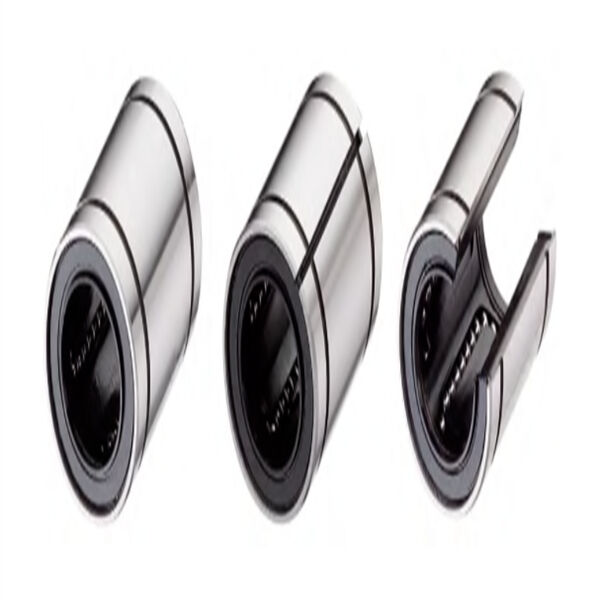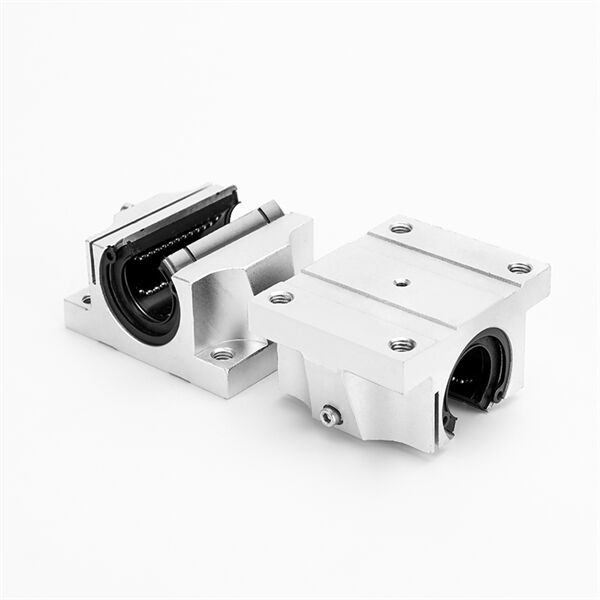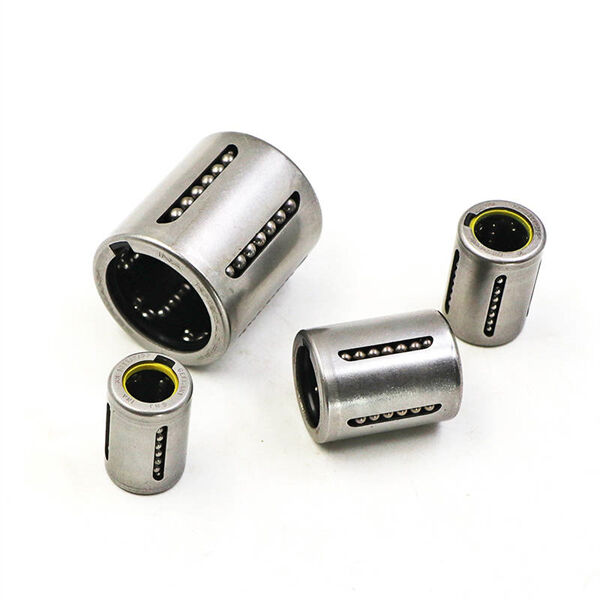They are essential components in factories and machines: linear sleeve bearing. They assist objects in getting from point A to B as smoothly, and easily as possible, in a straight line These small machines are used and relied on by many factories to improve the overall work and efficiency within that factory. What are linear bearings, the help they provide, guidance on selecting the best for the job, proper care practices for the bearings, and applications by industry will all be explained in this article.
Linear bearings are unique components that slide on a linear slide bar or track arrangement that is parallel to each other. Along with carrying the load of the objects, they allow for straight movement of objects. Linear bearings function only to facilitate sliding. This is accomplished by means of spherical elements, either balls or rollers. A cage holds these tiny pieces in position. Everything is contained in a cage, which ensures that the pieces are always kept in the correct position. The cage resides within a guiding track that enables the bearings to travel along the path proper.
Reduced Friction: Linear bearings primarily function on the principle of reduced friction. Friction is the reason it is difficult for the item to slide past one other. Maintaining lower friction results in improved performance and extended life for a machine, which can make a big difference for any operation.
Weight bearing: Before you think of any particular bearing it is very important first to consider the weight that it needs to bear. Not all applications demand the same load capacity from the bearings; they support different weights in different jobs, so you have to know how to offer it your particular load capacity.

Material quality: The quality of the materials used to manufacture the bearing sleeve is critical. Material Quality: The base design can differ in many ways, and the choice of quality material can lead to significantly different bearings in terms of longevity & performance. That higher-quality material results in better performance and durability.

Cleaning: Getting them dirty is indeed possible, but it is also often very important to clean the bearings. Most of the linear bearings can get damaged due to dirt and debris over time. Cleaning them regularly will help ensure that they continue working well and reduce the likelihood of any issues.

Manufacturing — The manufacturing sector makes heavy and extensive use of linear bearings. They ensure the proper functioning of machine parts by decreasing friction and maximizing load carrying capacity and motions of mating surfaces. This type is presented frequently in linear robotics and pick-and-place machines applications.